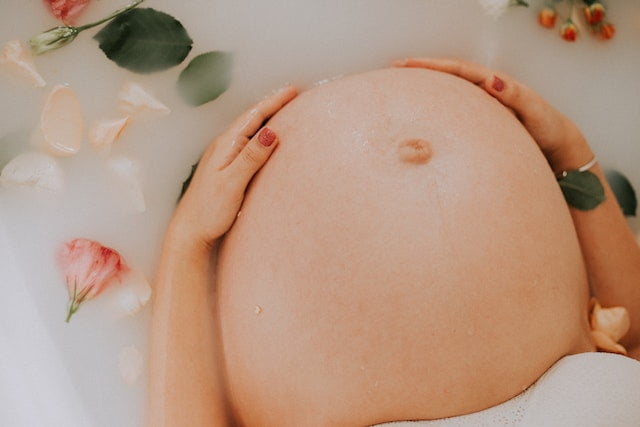It is crucial to clarify that none of the content shared through any of our platforms — including our website, YouTube channel, social media, or any other place where we might share information — is intended to be, nor should it be considered as, health advice.
There are several options for women who are 50 years old or older and want to become pregnant:
- Adoption: Adoption is a legal process through which a person or couple becomes the legal parent or parents of a child who is not their biological offspring. There are many different types of adoption, including domestic, international, foster care, and private adoption.
- Surrogacy: Surrogacy is a process in which a woman carries and gives birth to a child for another person or couple. There are two types of surrogacy: traditional surrogacy, in which the surrogate is the biological mother of the child, and gestational surrogacy, in which the surrogate carries an embryo created using the intended parents’ or donors’ eggs and sperm.
- Egg donation: Egg donation is a process in which a woman donates one or more of her eggs to another person or couple for use in assisted reproductive technology (ART) procedures such as in vitro fertilization (IVF). The eggs are fertilized with sperm and the resulting embryos are transferred to the intended mother or surrogate.
- Sperm donation: Sperm donation is a process in which a man donates his sperm to another person or couple for use in ART procedures such as IVF. The sperm is used to fertilize the eggs of the intended mother or surrogate.
- Fertility treatments: There are several fertility treatments that can help women over the age of 50 become pregnant, including medications that stimulate ovulation, intrauterine insemination (IUI), and IVF. These treatments may be used alone or in combination, depending on the individual circumstances.
- Donor eggs and sperm: For women over the age of 50 who are no longer able to produce eggs, or for men who are unable to produce sperm, it may be possible to use donor eggs or donor sperm in ART procedures such as IVF.
- Ovarian tissue transplantation: Ovarian tissue transplantation is a surgical procedure in which ovarian tissue is transplanted from one woman to another. This procedure is still experimental and is not widely available, but it may be an option for women who are unable to produce eggs due to early menopause or other conditions.
- Ovarian rejuvenation: Ovarian rejuvenation is a experimental procedure that involves removing a small piece of ovarian tissue, stimulating the growth of new eggs, and returning the tissue to the woman’s body. This procedure is still in the early stages of development and is not widely available.
- Ovarian transplantation: Ovarian transplantation is a surgical procedure in which a healthy ovary is transplanted from one woman to another. This procedure is still experimental and is not widely available.
- Use of donor eggs and gestational surrogacy: For women over the age of 50 who are no longer able to produce eggs, or for men who are unable to produce sperm, it may be possible to use donor eggs and gestational surrogacy to have a child. In this process, a surrogate carries an embryo created using the intended parents’ or donors’ eggs and sperm.
It’s important to note that these options may not be suitable or available for everyone, and it’s important to carefully consider the risks and benefits of each option before making a decision. It’s also important to consult with a fertility specialist or other healthcare provider to determine the best course of action.
Affiliate Disclosure: I only recommend products I would use myself and all opinions expressed here are our own. This post may contain affiliate links that at no additional cost to you, I may earn a small commission.




























